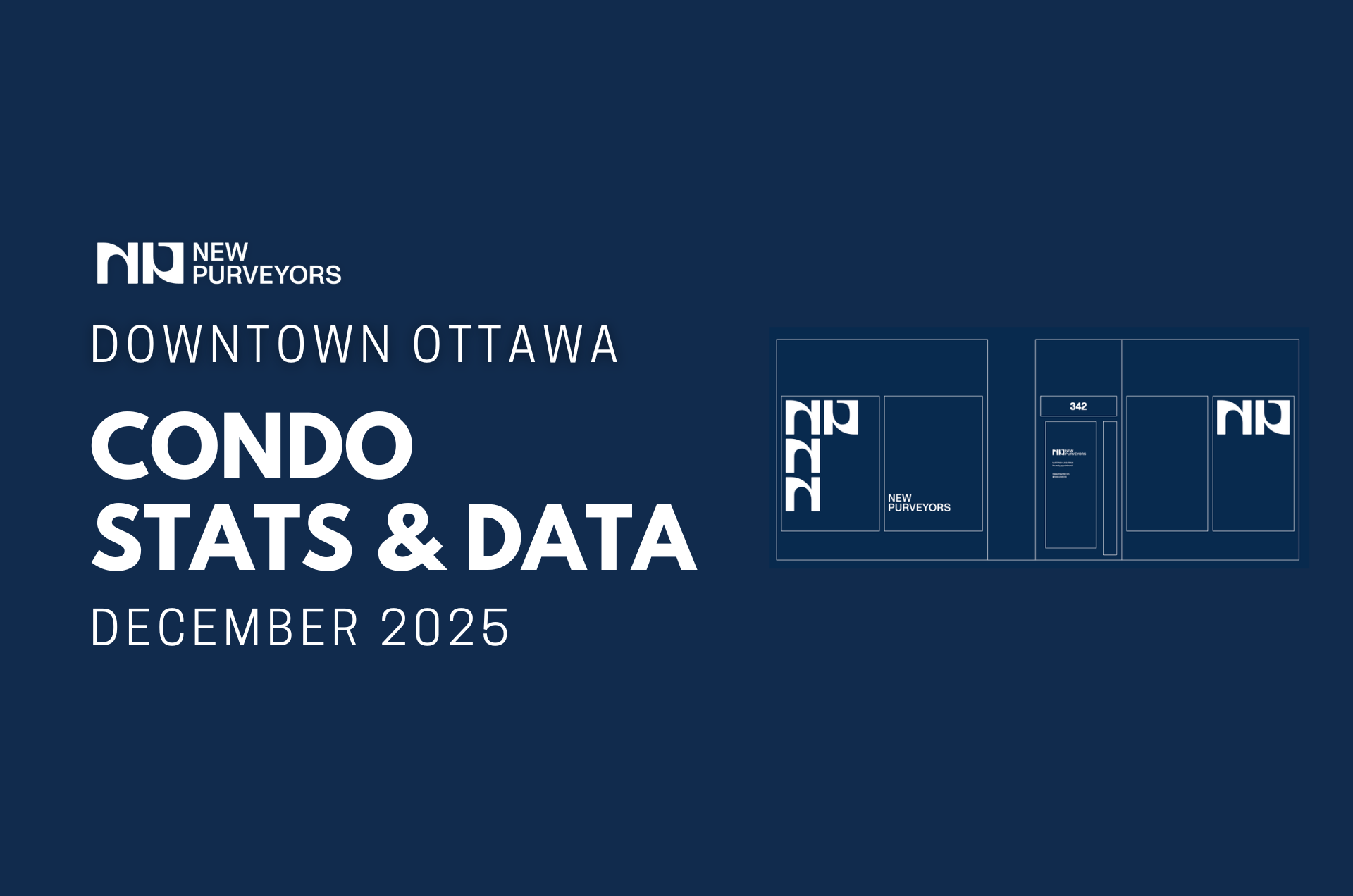Short-term rentals have long been a popular investment strategy in Ottawa, especially for condo owners looking to generate passive income. But in 2025, new municipal regulations have come into effect that significantly impact how, when, and even if condo units can be used for short-term rentals like Airbnb and Vrbo.
If you're a current or aspiring investor, this is not just another bylaw — it could be a game-changer for your portfolio.
Let’s unpack what’s changed, how it affects condo owners, and what smart investors are doing now to adapt.
Understanding the 2025 Short-Term Rental Rules in Ottawa
In an effort to regulate the short-term rental market, protect long-term housing supply, and ensure safety and compliance, the City of Ottawa has rolled out strict new rules. These came into full effect in January 2025 and apply to anyone offering accommodations for less than 28 consecutive days.
Here’s what you now need to operate a short-term rental legally:
A City-issued permit for any short-term rental unit
Proof that the property is your primary residence, in most zoning areas
Proper insurance coverage for short-term rental activity
Registration on an official city database with a visible permit number on all listings
Compliance with condo corporation rules and zoning bylaws
In essence, short-term rentals are now only permitted in primary residences — and even then, you must meet specific criteria.
Can Condo Owners in Ottawa Still Use Airbnb Legally?
Yes — but there are significant limitations.
If you live in the condo as your primary residence, you can legally operate a short-term rental (assuming you obtain the permit, meet all insurance requirements, and your condo board allows it).
If it’s an investment property or secondary unit, you’re out of luck in most cases. The City’s rules restrict short-term rentals in secondary or non-owner-occupied dwellings, particularly in residential zones (R1–R4).
That means many popular condo investment strategies that relied on Airbnb revenue are no longer viable — especially in downtown cores like Centretown, Sandy Hill, and Little Italy, where zoning is strict and condo boards are cracking down.
What If My Condo Board Doesn’t Allow Short-Term Rentals?
Even if your unit qualifies under the city’s bylaw, your condo board has the final say.
Many Ottawa condo corporations — especially in buildings constructed in the last 10–15 years — have amended their bylaws to prohibit short-term rentals altogether. Why?
Increased wear-and-tear on common areas
Concerns about security and unauthorized guests
Complaints from long-term residents
Insurance and liability concerns
If your board bans it, you can’t operate — full stop. You could be fined, sued, or forced to sell. It’s critical to review your condo’s declaration and bylaws before investing.
How This Impacts Ottawa Condo Investors in 2025
For some, this may seem like a reason to abandon condo investing entirely. But in truth, it just means shifting your strategy.
Instead of banking on Airbnb, many investors are now pivoting to long-term rental income. The good news? Demand for rental condos in Ottawa is rising — and with less competition from short-term units, long-term landlords may actually benefit from stronger tenant pools and fewer vacancies.
Things to consider in your new investment strategy:
Rental demand by neighbourhood: Proximity to transit, universities, hospitals, and downtown still matters.
Unit type and finishings: Tenants are seeking turn-key, modern units with laundry, storage, and flexible layouts.
Monthly carrying costs vs. rent: With mortgage rates fluctuating, do the math carefully to ensure your investment cash flows or breaks even.
Neighbourhoods Where Long-Term Rentals Still Perform Well
If you're rethinking your next condo investment in Ottawa, here are a few areas where long-term rentals remain strong:
Hintonburg & Wellington West: High walkability, trendy cafés, and easy access to downtown via LRT.
Little Italy / Preston Street: Still booming with demand from students, young professionals, and hospital staff.
Sandy Hill: Close to the University of Ottawa and Rideau Centre, ideal for student rentals.
Glebe & Old Ottawa South: Highly desirable for families and professionals alike, especially for two-bedroom or larger units.
Can You Still Make Money with Short-Term Rentals in Ottawa?
In some cases, yes — but only if:
You live in the unit full-time and only rent it out while you’re away
You have a fully legal secondary dwelling unit in your home (not a condo)
Your condo board explicitly permits short-term rentals in writing
That’s a much narrower field than before, and it’s pushing many former Airbnb owners to either convert to long-term or sell and reinvest elsewhere.
Tips for Investors Moving Forward
Do your research on zoning and bylaws before purchasing any condo unit.
Always ask to review condo board meeting minutes and bylaws before firming up your offer.
Talk to your mortgage broker about financing options suited to rental properties.
Work with an agent who understands investment properties and Ottawa’s ever-evolving municipal policies.
Time to Rethink the Condo Investment Playbook
Ottawa’s short-term rental market has changed — and so should your strategy.
While the days of running hands-off Airbnb units in your spare condo may be over, there’s still plenty of room for smart investing in Ottawa’s condo market. Long-term rentals remain in high demand, and condo ownership offers long-term equity growth, tax advantages, and predictable income streams.
Need help finding a condo that fits the new rules of the game? I’ve helped hundreds of investors build smart, sustainable portfolios in Ottawa — and I’d love to help you next.
Get in touch here for a no-pressure conversation.



































